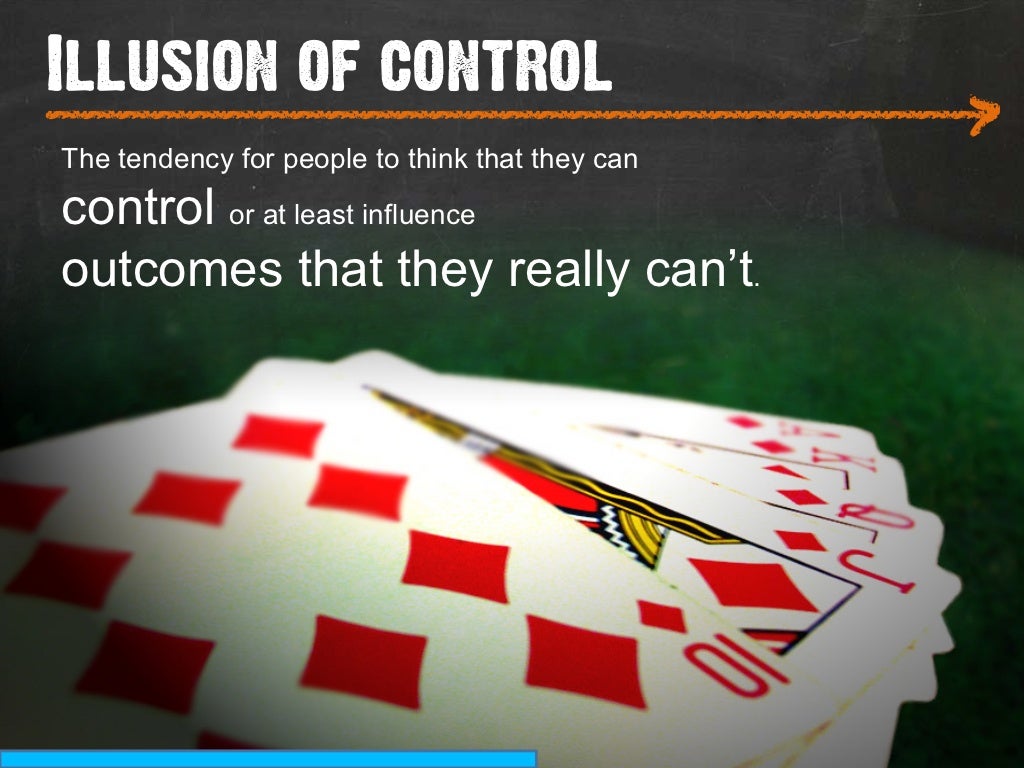

The main instruments used to assess optimistic explanatory style are the Attributional Style Questionnaire (ASQ) and Content Analysis of Verbatim Explanations (CAVE), which ask people (through open-ended questions that are eventually coded) how events are caused. They think negative events in a constructive, non-fatalistic manner and trust in their ability to deal with stressful problems. Optimists do acknowledge negative events, but see them as specific (“other things are still going well”) and unstable (“things will get better soon”). The optimistic explanatory style is therefore the opposite. Additionally, they perceive positive events as short-lived (“I just performed well today but who knows what will happen tomorrow”), and only affect one aspect of their lives (“I may be good at this but I’m otherwise pretty stupid”). Pessimists also often do not take credit for good events, attributing their occurrence to luck. This behaviour is otherwise known as "learned helplessness." Helpless is associated with a pessimistic explanatory style pessimists believe that negatives events are always present ("things will never change in the future"), have a global effect ("this negative event has ruined my entire life"), and is the fault of their own. This approach, developed by Seligman et al., is inspired by the observation that most (but not all) animals and humans give up when exposed to uncontrollable stressors and remain helpless when the situation becomes controllable. The two ways in which researchers have operationalized optimism are the optimistic explanatory style approach, and the dispositional optimism approach Optimistic Explanatory Style

This means that optimism is a cognitive, affective and motivational construct - optimists both think and feel positively about the future. This is because pessimism and its realistic view of the world seem appealing and rational when contrasted with the popular notion that optimism equates with foolishness, naiveté or denial however, research shows that the way in which psychologists think of optimism does not involve forced enthusiasm or denial of the truth What is Optimism?Īnthropologist Lionel Tiger defines optimism as “a mood or attitude associated with an expectation about the social or material future – one which the evaluator regards as socially desirable, to his advantage, or for his pleasure”. Even so, many people dismiss the effect of optimism, calling optimists naïve or in denial. According to past research, optimism and pessimism appear to have a particularly important effect on how individuals deal with challenging and stressful events.

Pessimists often behave in ways that are geared towards worst-case scenarios, while optimists tend to trust that the future will be favourable. The psychological trait of optimism influences how individuals perceive themselves and their environment, how they process incoming information, as well as how they decide to act based on this information. Seeing the glass half full: A review of the causes and consequences of optimism. Seeing the glass half full: A review of the causes and consequences of optimismįorgeard, M., & Seligman, M.


 0 kommentar(er)
0 kommentar(er)
